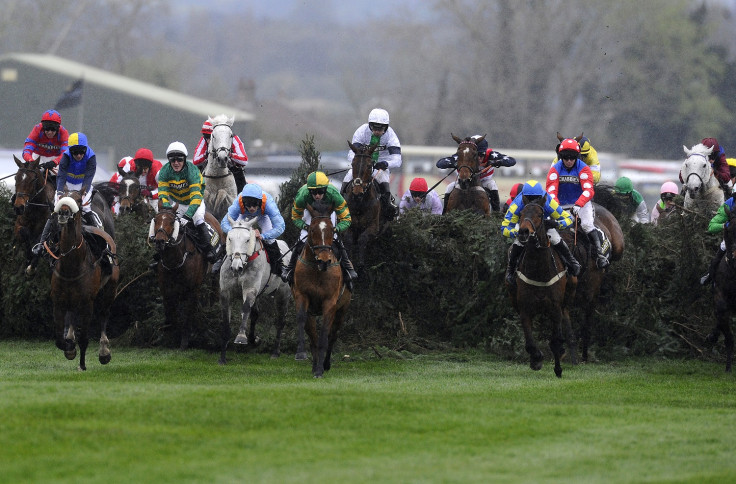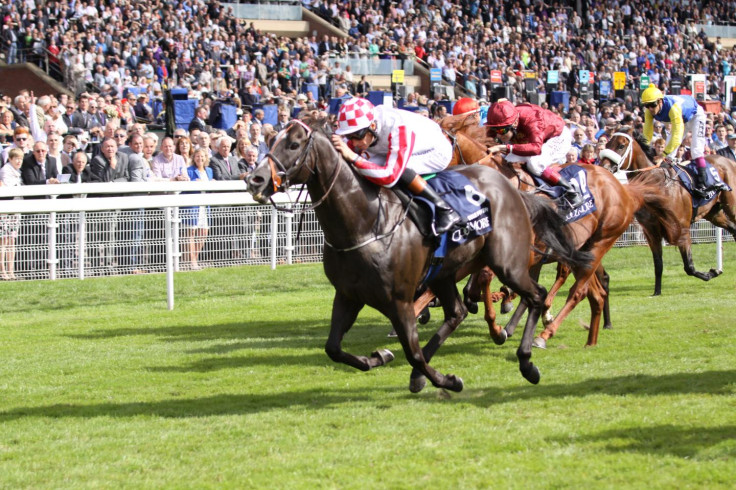Giddy up: Racehorses are getting faster suggesting possible 'breed for speed' mentality

Racehorses are getting faster, a study of more than 600,000 race times and 70,000 horses has shown.
Researchers at the University of Exeter analysed a huge set of racing records looking at the performance of thoroughbred racehorses at the elite level since the mid-1800s.
They also looked at speed times of the racehorse population as a whole since 1997.
Published in the Royal Society journal Biology Letters, the authors found that contrary to popular thinking – that speed has plateaued – racehorses are getting quicker.
"Previous studies have concluded that thoroughbred racehorse speed is improving very slowly, if at all, despite heritable variation for performance and putatively intensive selective breeding. This has led to the suggestion that racehorses have reached a selection limit," the authors wrote.
Researchers used data from British races on flat turf. Race distance, racecourse, ground softness, the year of the race along with the horse's name, age and sex were included in the analysis.
By using a much larger data set, including the full range of distances and variations in ground softness, the team found that improvement in speed times is ongoing – but that this is driven mostly by increasing speed in sprint races.

However, the authors also found a slower rate of speed improvement over middle to long distances. This, they say, could indicate either speeds are plateauing at longer distances or that horses are being bred for speed over endurance.
Historical improvement has not been linear – in the early 1900s jockeys' riding style changed to assume a crouched position, increasing speed times, for example. Later speed increase in the 1970s and 1980s is attributed to even further shortened stirrups and the commercialisation of racehorse breeding.
The researchers say further work is needed to work out if increased speed is to do with genes or because of improved training, tactics or environmental factors.
Study author Patrick Sharman said: "There has been a general consensus over the past 30 years that horse speeds appeared to be stagnating. Our study shows that this is not the case and, by using a much larger data set than previously analysed, we have revealed that horses have been getting faster.
"Interestingly, both the historical and current rate of improvement is greatest over sprint distances. The challenge now is to find out whether this pattern of improvement has a genetic basis."
© Copyright IBTimes 2024. All rights reserved.






